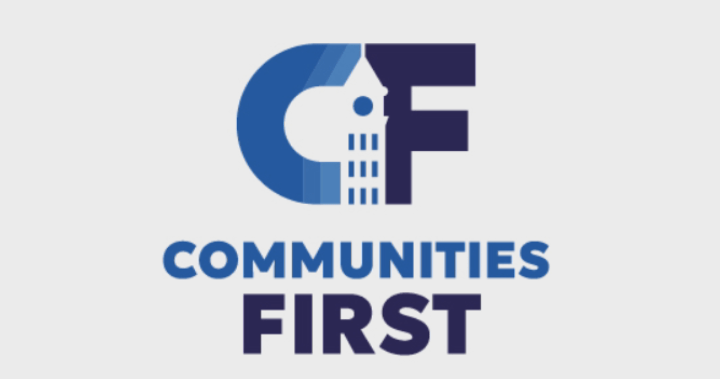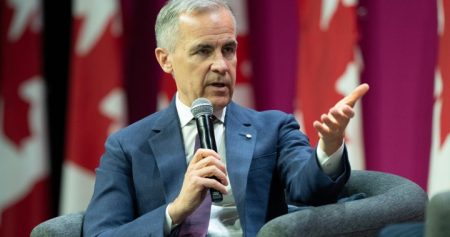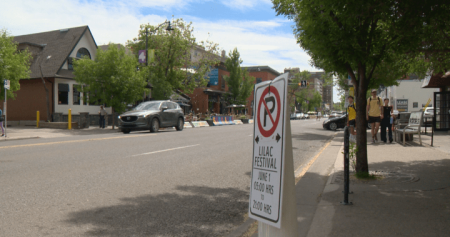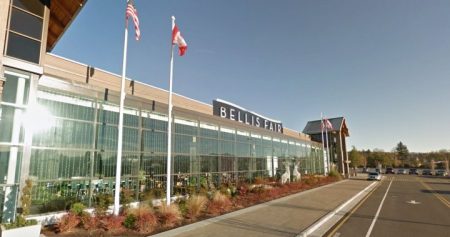A New Political Force Emerges in Calgary: Communities First Aims to "Restore Confidence" at City Hall
A quartet of incumbent Calgary city councillors, joined by a former alderman, have unveiled a new municipal political party, "Communities First," in anticipation of the 2025 general election. Their stated mission is to address a perceived erosion of public trust in the city’s governance and provide an alternative to the current political landscape. Council members Sonya Sharp, Terry Wong, Dan McLean, and Andre Chabot, along with former Ward 8 Alderman John Mar, form the core of this nascent party, united by a shared vision for Calgary’s future. They assert that their platform resonates with a public yearning for change and a more responsive city government.
Communities First has outlined a six-point platform centered on accountability, efficient governance, a return to fundamental municipal services, and managed growth that respects existing communities. Fiscal responsibility, transparent budgeting, and robust oversight of city administration are key tenets of their financial policy, promising to keep taxes and fees in check. Furthermore, they pledge to prioritize public engagement, asserting that the current administration’s approach is more about dictating policy than genuinely listening to citizen concerns. Revitalizing established neighborhoods through higher-density redevelopment is another key goal, but with an emphasis on preserving community character. This measured approach to development seeks to balance progress with the unique identities of Calgary’s diverse neighborhoods.
Despite embracing the party structure, Communities First emphasizes its distinction from traditional provincial or federal parties. They reject the notion of serving as a "farm team" for higher levels of government, stressing their focus on delivering essential municipal services. Their message resonates with the practical concerns of residents – maintaining infrastructure, managing taxes, and ensuring efficient service delivery. This pragmatic approach reflects their belief that citizens are less interested in political affiliations and more concerned with tangible improvements in their daily lives.
While launching with five candidates, Communities First intends to field a full slate of contenders for all 14 wards and the mayoral race. Interestingly, some members have expressed reservations about municipal political parties, highlighting the necessity of this move as a strategic response to the evolving political landscape. Councilor Wong, while previously critical of provincial legislation enabling municipal parties, acknowledges the advantages of increased fundraising and advertising opportunities that a party structure affords. This strategic maneuver aims to level the playing field against independently funded candidates in an increasingly competitive electoral environment.
The emergence of Communities First adds another layer of complexity to the developing mayoral contest. Incumbent Mayor Jyoti Gondek has declared her intention to seek re-election as an independent, joining former councillor Jeff Davison and ex-Calgary Police Commission chair Brian Thiessen in the race. This sets the stage for a dynamic election season, with diverse candidates and platforms vying for the public’s mandate. Mayor Gondek has emphasized the council’s responsibility to balance their governing duties with the demands of campaigning, ensuring that ongoing city business is not overshadowed by electoral maneuvering.
Communities First joins the Calgary Party, led by Brian Thiessen, and A Better Calgary Party as the currently declared municipal parties. The presence of multiple right-leaning parties raises concerns about potential vote splitting among conservative-leaning voters. A Better Calgary Party has publicly expressed these concerns, advocating for collaboration to avoid fragmenting the conservative vote and potentially benefiting candidates with differing political ideologies. This potential for division within the conservative spectrum adds another dimension to the strategic considerations of the upcoming election.
The next municipal election, scheduled for October 20, 2025, promises to be a pivotal moment for Calgary. With the entry of Communities First, voters will have a broader range of choices, reflecting diverse approaches to municipal governance. The unfolding campaign will likely revolve around issues of fiscal responsibility, service delivery, development, and the role of political parties in the municipal arena. The interplay of these factors will shape the future direction of Calgary, making the 2025 election a critical juncture for the city.









